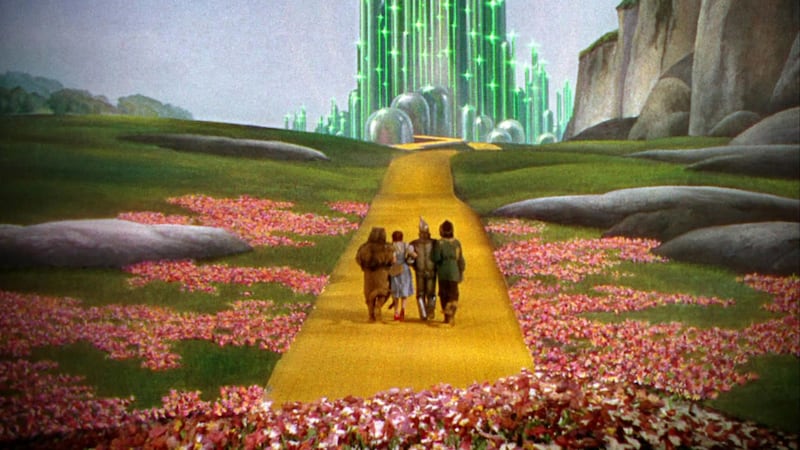‘He will swallow up death for ever. And the Lord God will wipe tears away from all faces, and he will remove the reproach of all people from all the earth’.
Isaiah
The radio in my ear was discussing the upcoming events of the 25th commemorations of the Good Friday Agreement. It is attracting a lot of media coverage these days. I was passing my local church at the time, so I dropped in the back door to say a prayer.
There was a funeral in progress in the presence of an attentive congregation and a bracing version of The Old Rugged Cross being played and sung. The priest recounted the life of the elderly woman in the coffin who had lived a fair portion of her life in the midst and during the years of the Troubles. He described her as a woman of prayer.
During the Troubles I had come across many people of her generation who lived in fear for themselves and others and who prayed every day for peace for themselves and others. I hadn’t adequately extolled their prayerfulness in those years.
I was young and action focused and I had a poorly defined sense of their compassion and their humility which obliquely and maybe mysteriously prevented a bad situation from becoming worse.
They are unlikely to be extolled in the many commemorations and celebrations in the coming days but even they should receive some recognition and acknowledgement for the ambience they upheld that allowed, perhaps even created, the space and the impetus that led to the Good Friday Agreement.
A few days later I sat in an audience being addressed by Alan McBride. Alan’s wife and father-in-law were killed in the Shankill Bomb in 1993, a year or so before the Good Friday/Belfast Agreement. Alan has become a high-profile representative and advocate for the victim and survivor community of the Troubles.
I always see him as the incarnation of that demanding if poorly defined challenge of reconciliation. His road to that incarnation was not easy or pain free.
In response to a question, he revealed that he was writing a book about the many kind gestures that happened within and across many communities during the Troubles.
I was following on from his contribution and had meant to say that he should devote one of the chapters in the book to himself, but typically, I only remembered when driving home. I have no idea if Alan is a believer, an agnostic or an atheist but I believe that he and his ilk graced this society, in indicating the way towards the Good Friday Agreement and revealing a great amount of the meaning and the challenge of Christ’s Good Friday.
I am recording this piece in Manchester, here for the birth of my fourth grandchild. I again dropped into the back of a church and again there was a funeral of an elderly Irish woman who had been in England for the greater part of her life.
The priest said that she still described herself as an Irish Gypsy. He said that faith didn’t explain life and death, but that it challenged us to fully enter the mystery of living and dying and also helped us to see and understand love as the revelation and the proof of the eternal.
Whether you drop in at the back of churches or not, life brings most of us, at some time in our lives, to the foot of the cross. Christ’s Good Friday is a strong statement that kindness and generosity and love outstrip their opposites and that even death is ultimately defeated.
Our local Good Friday Agreement is not in that class, but it contains some of those ingredients and for those reasons is worthy of being remembered and celebrated.









